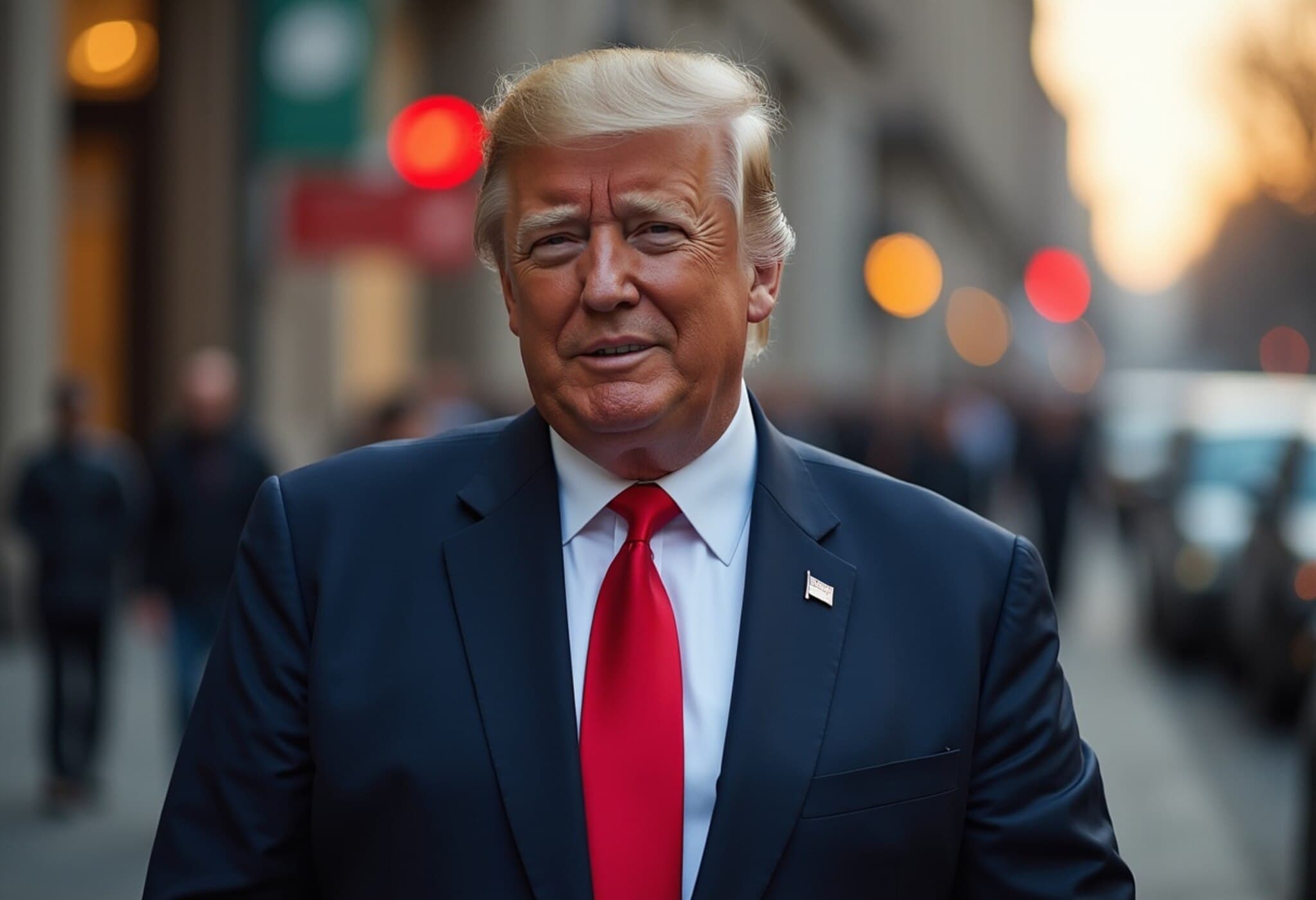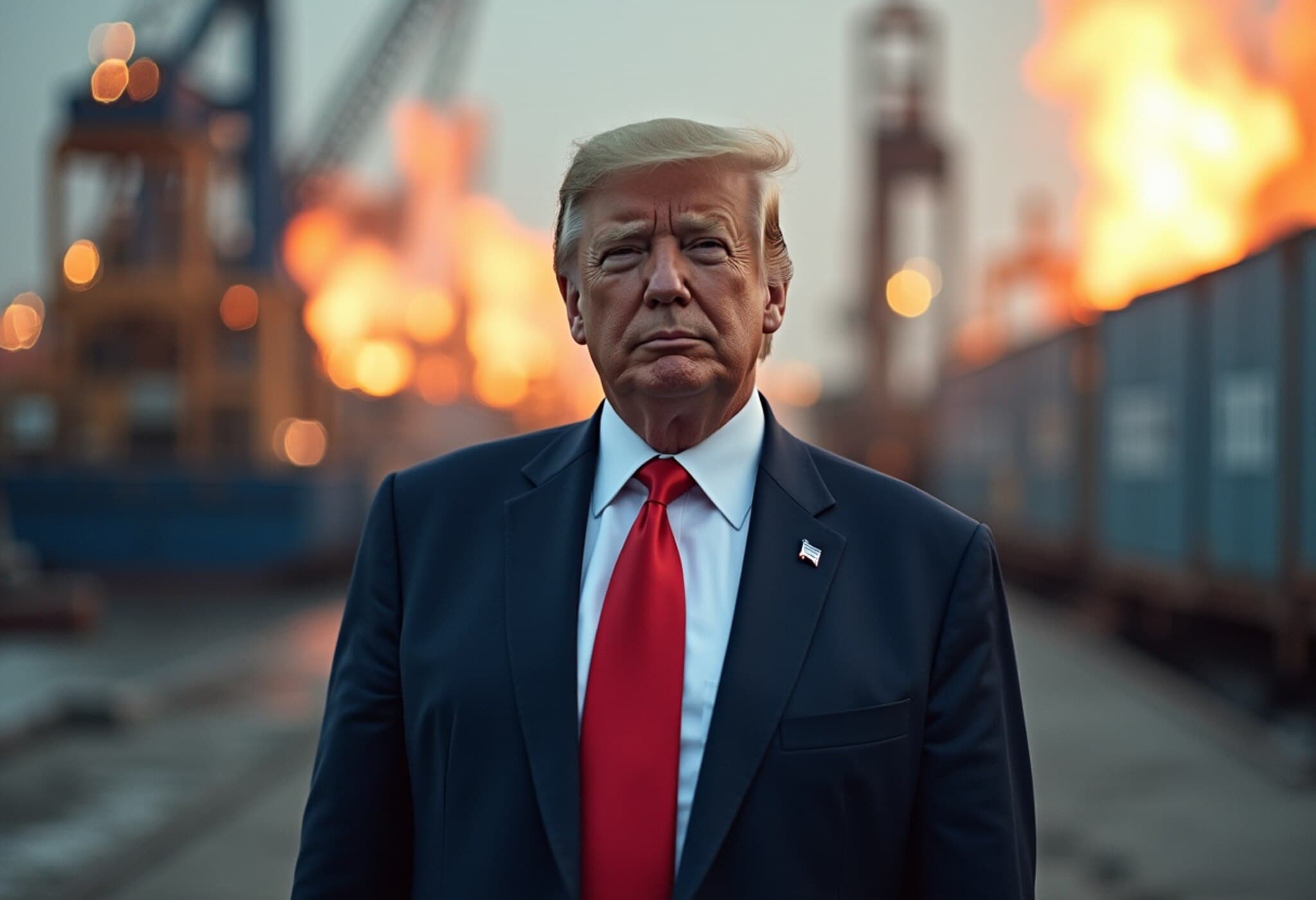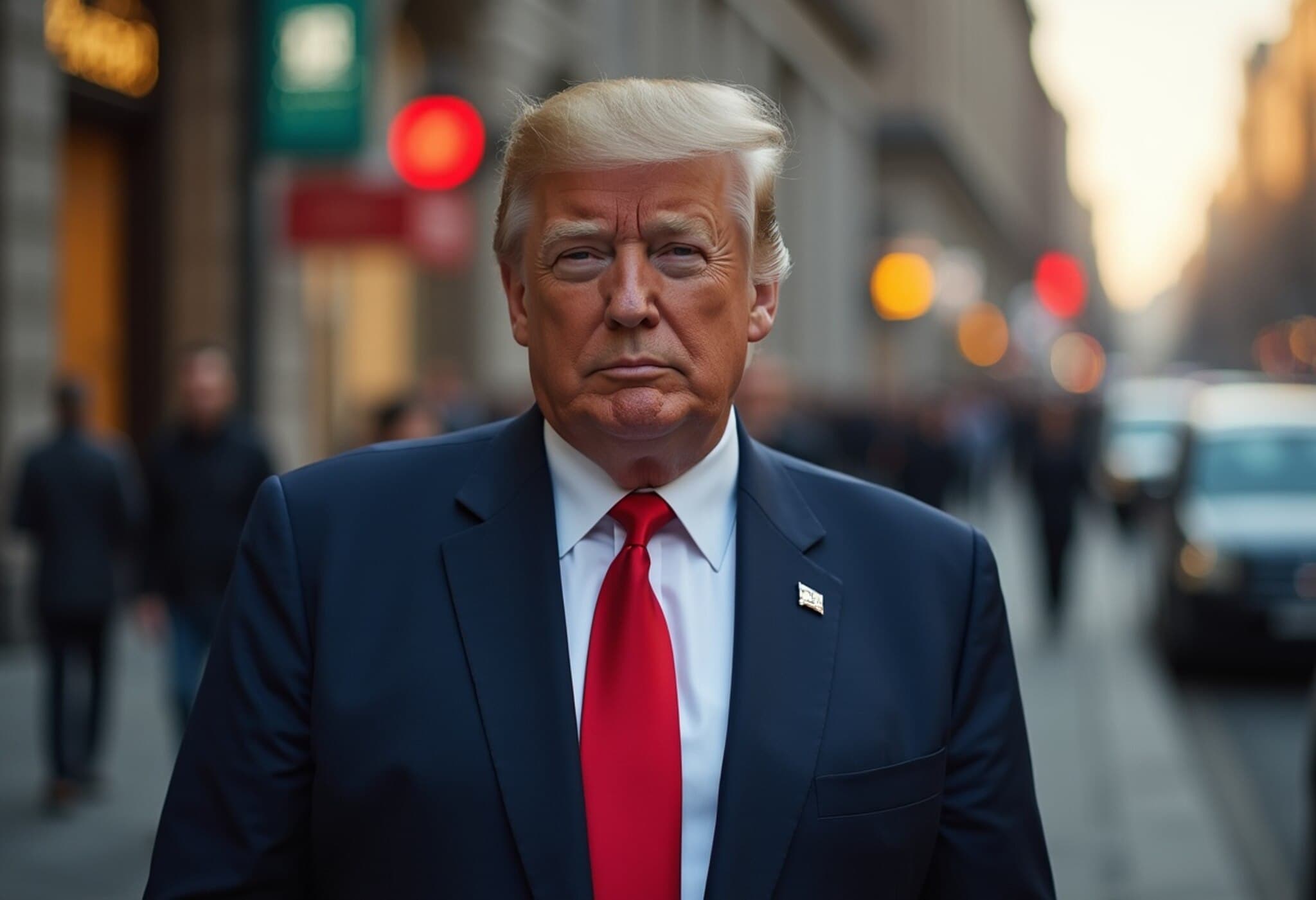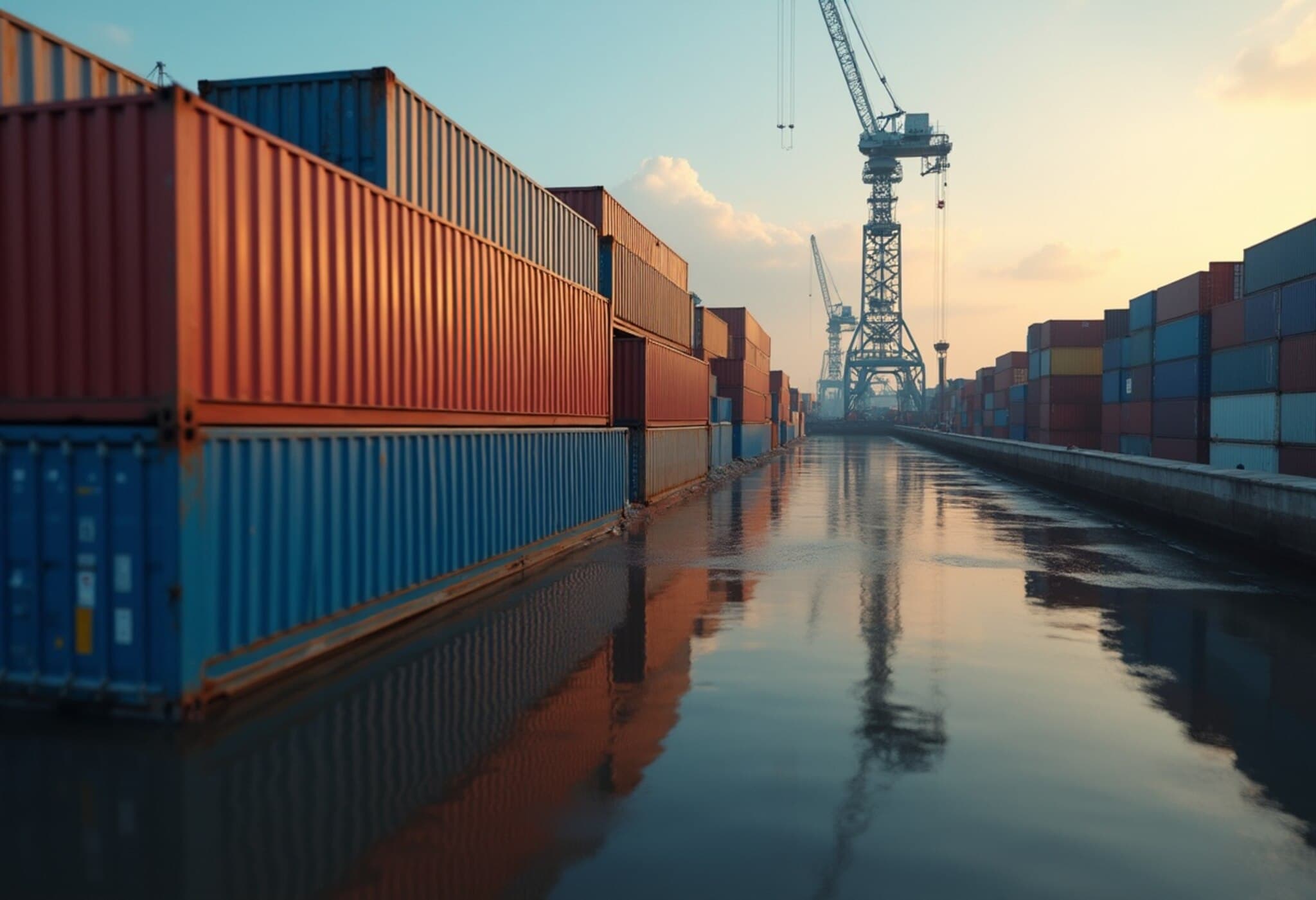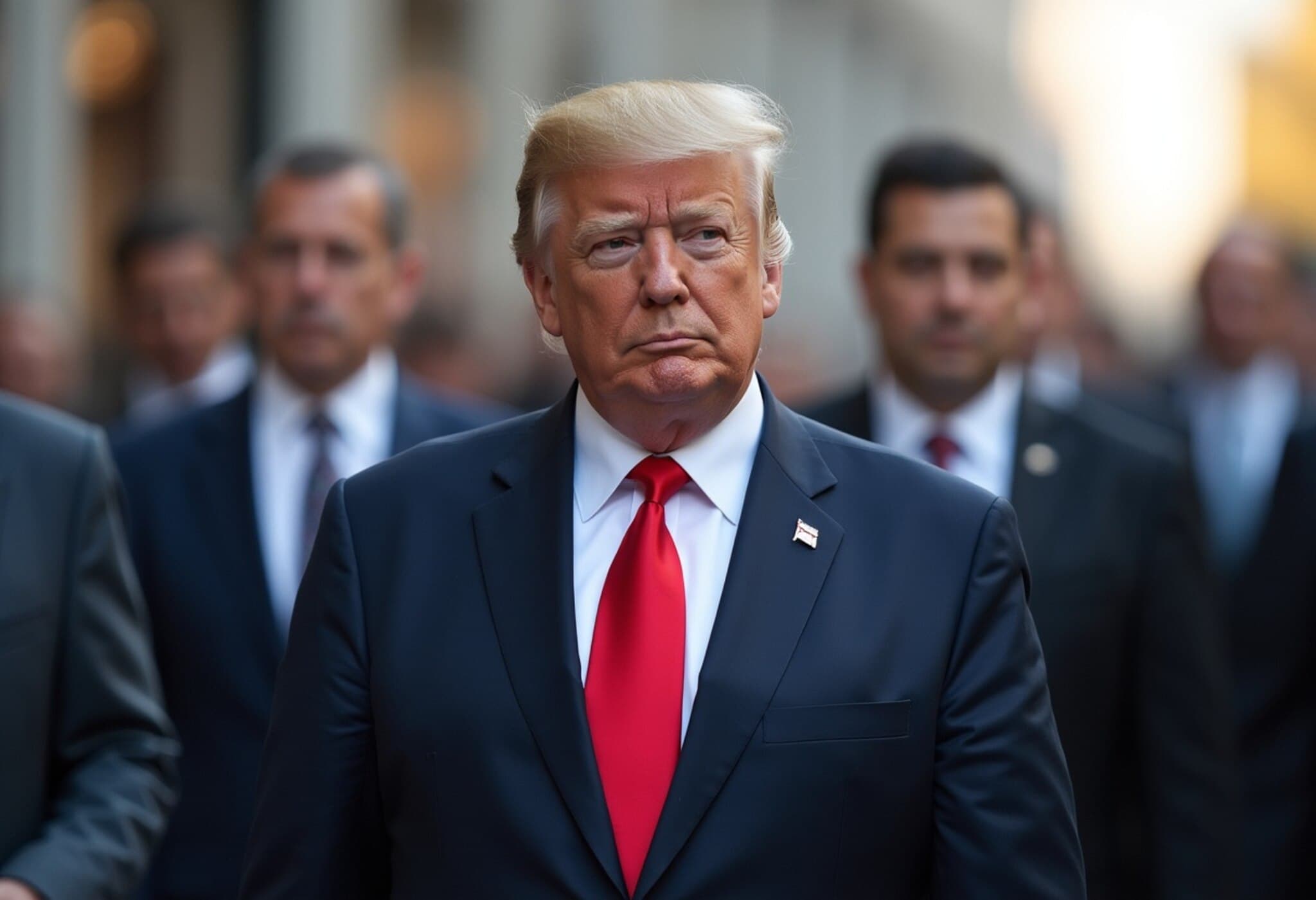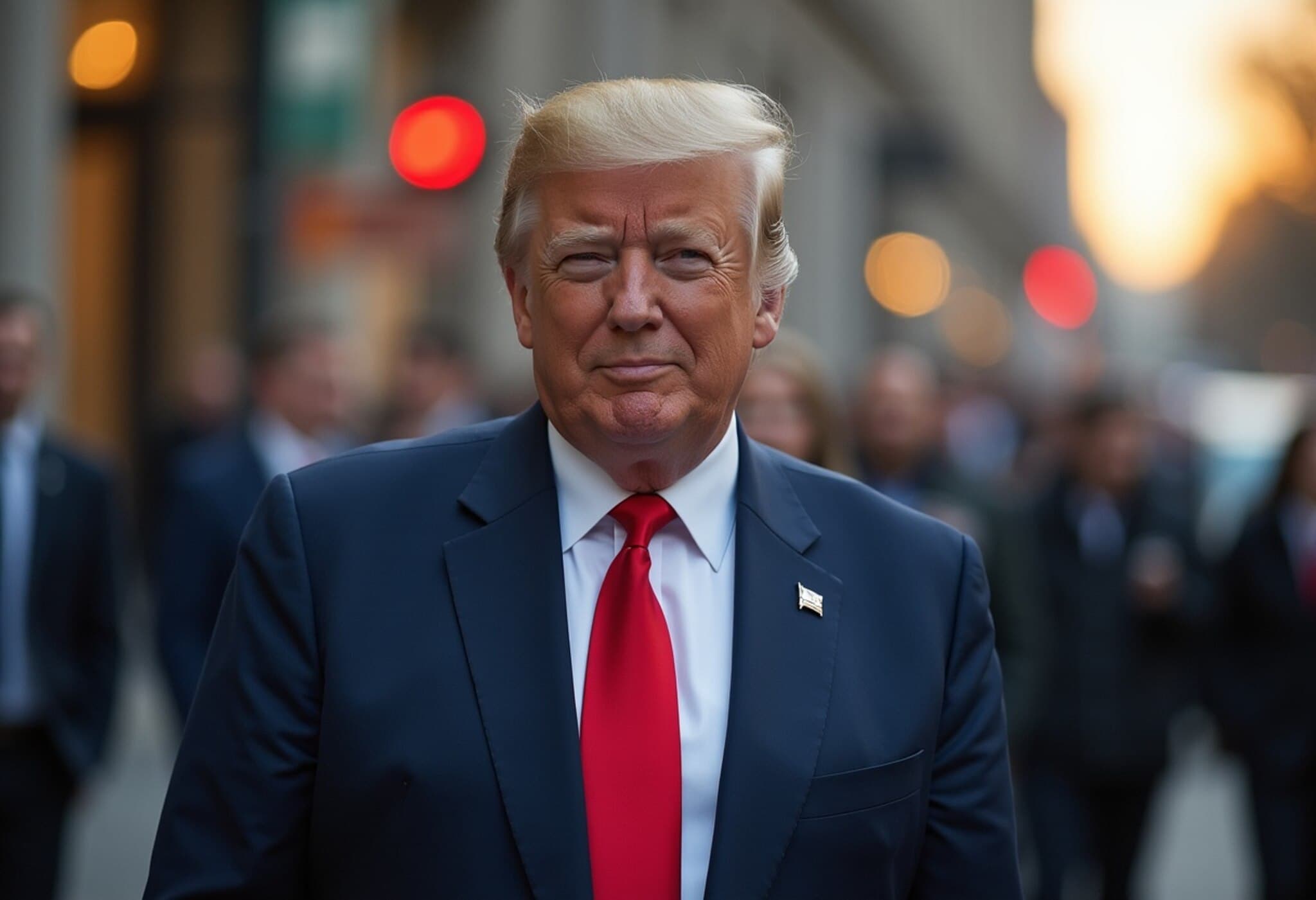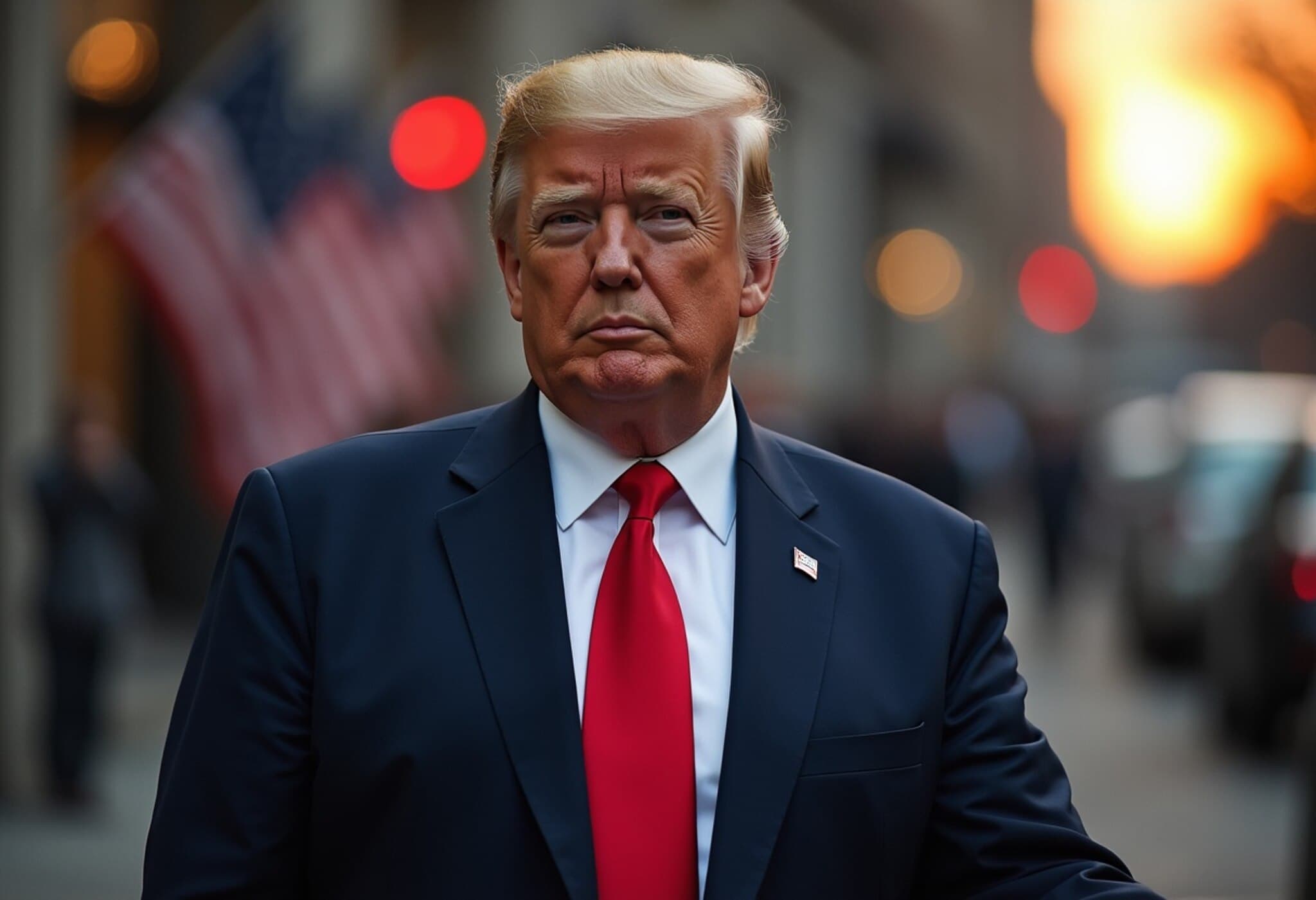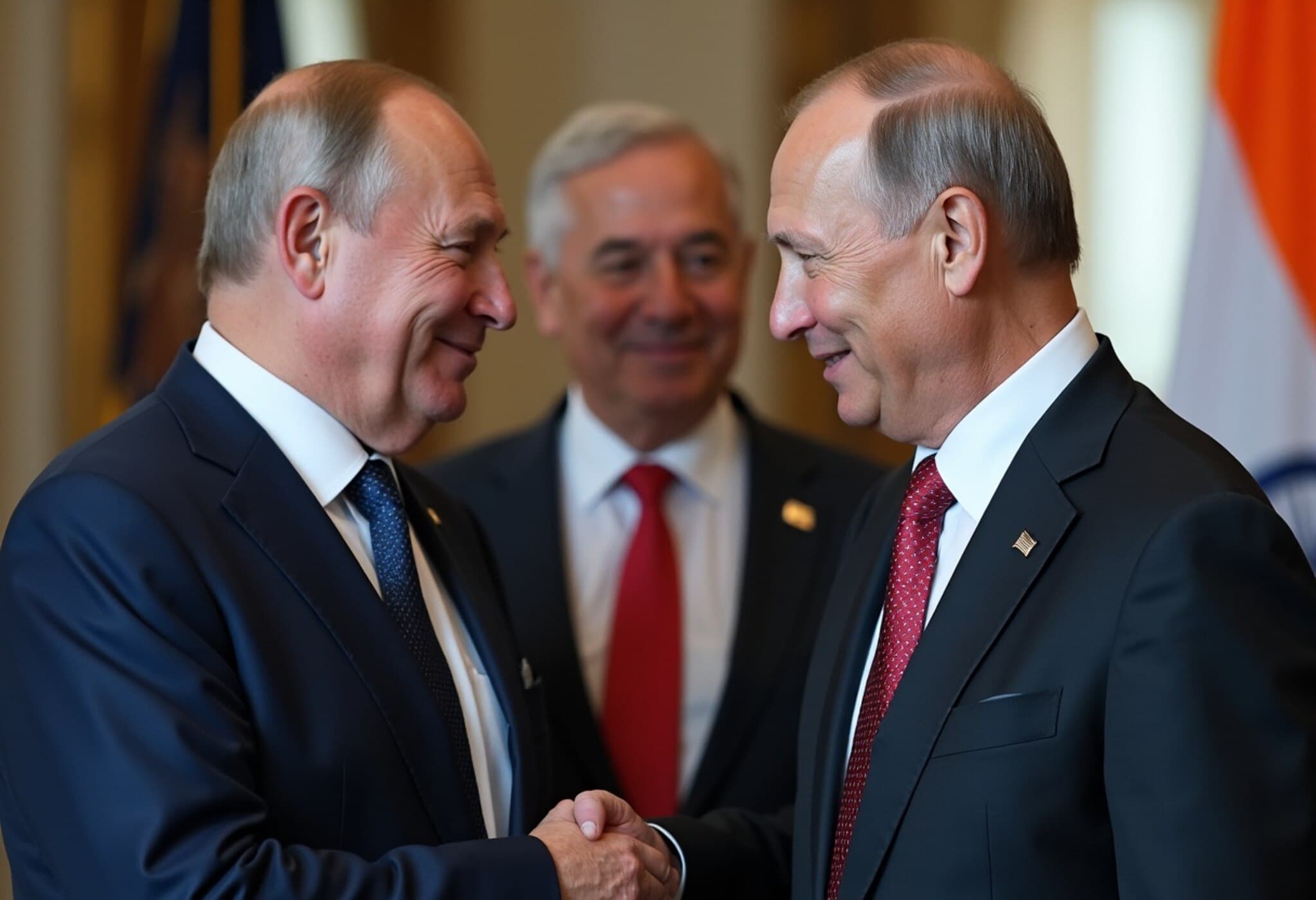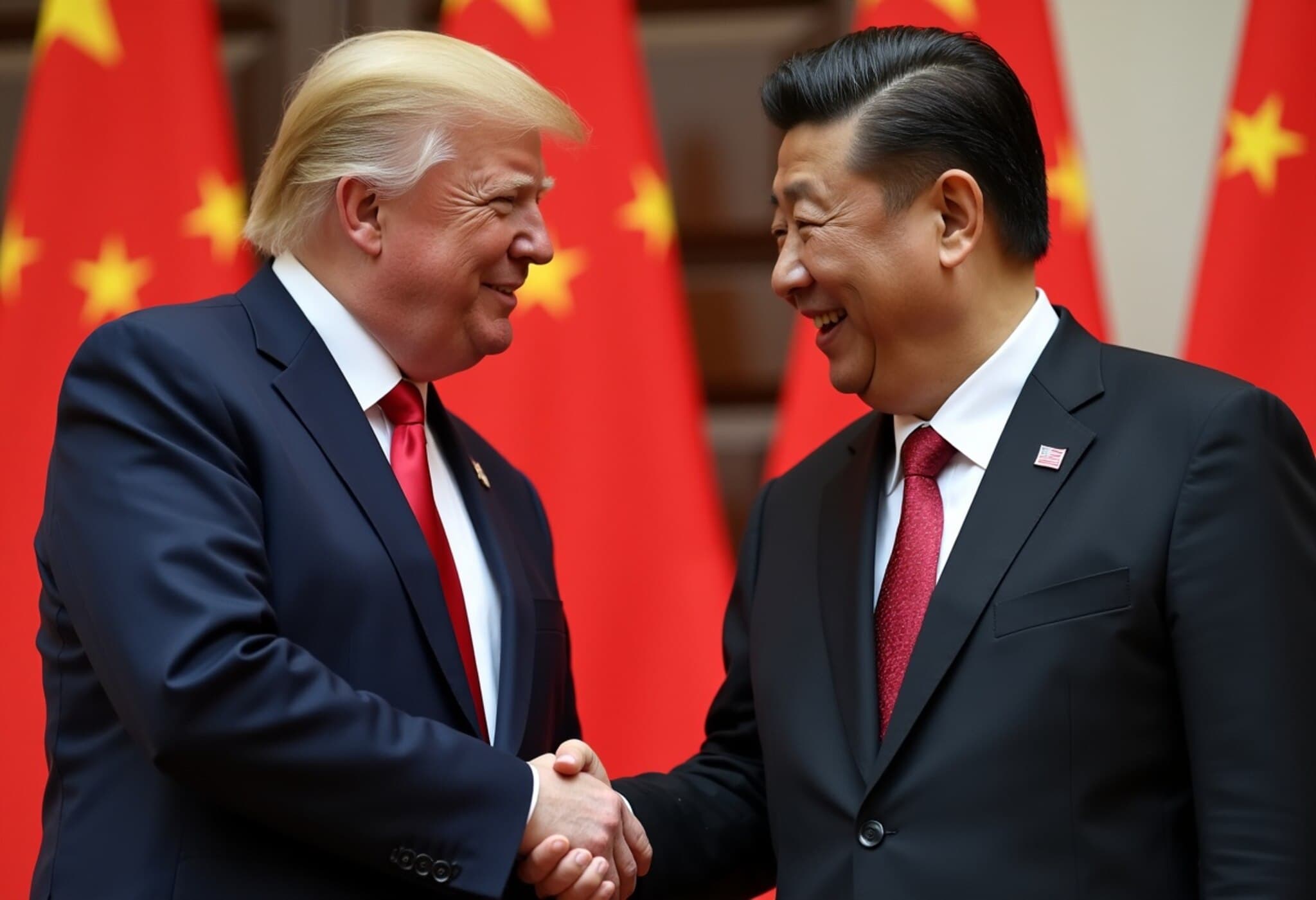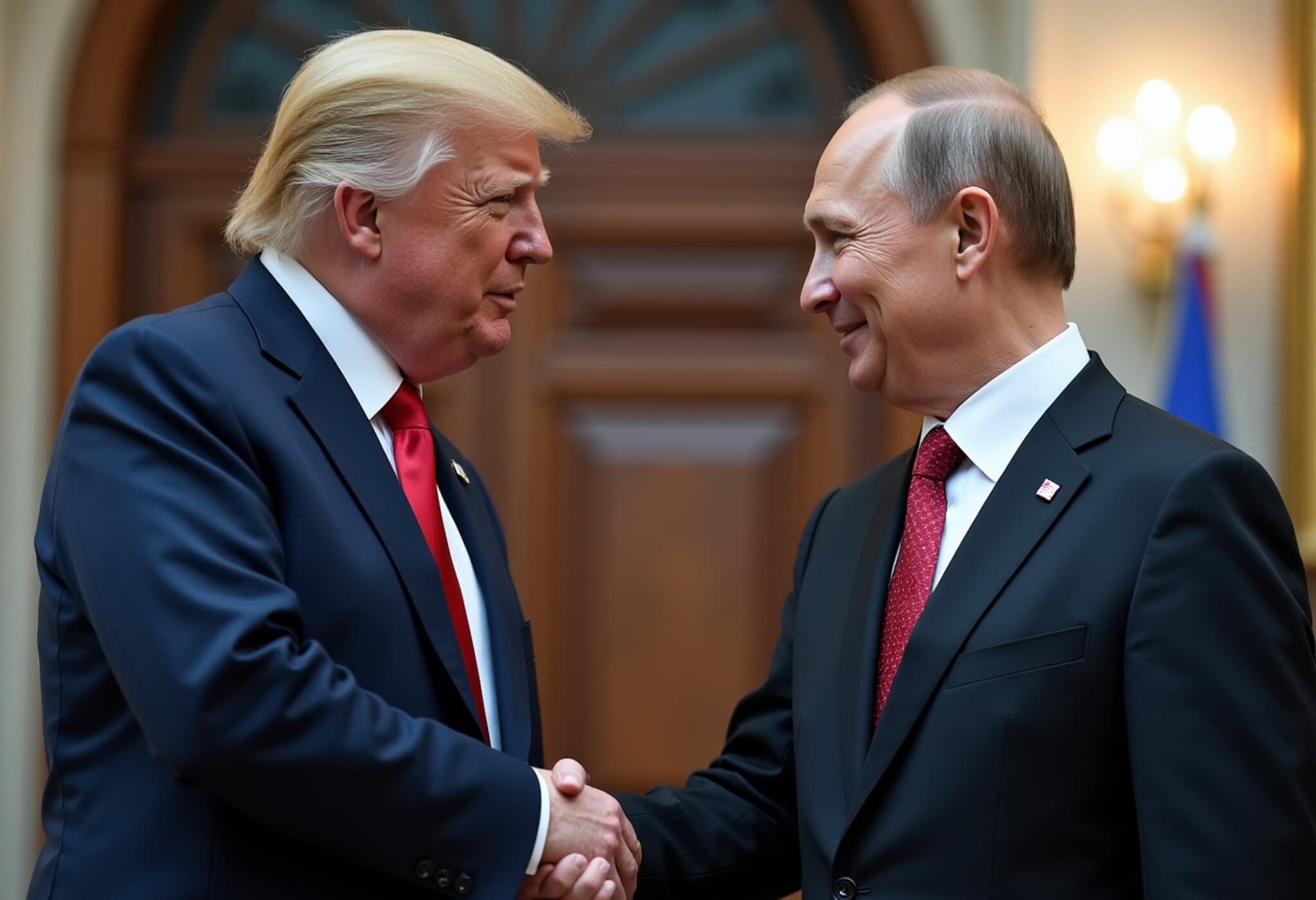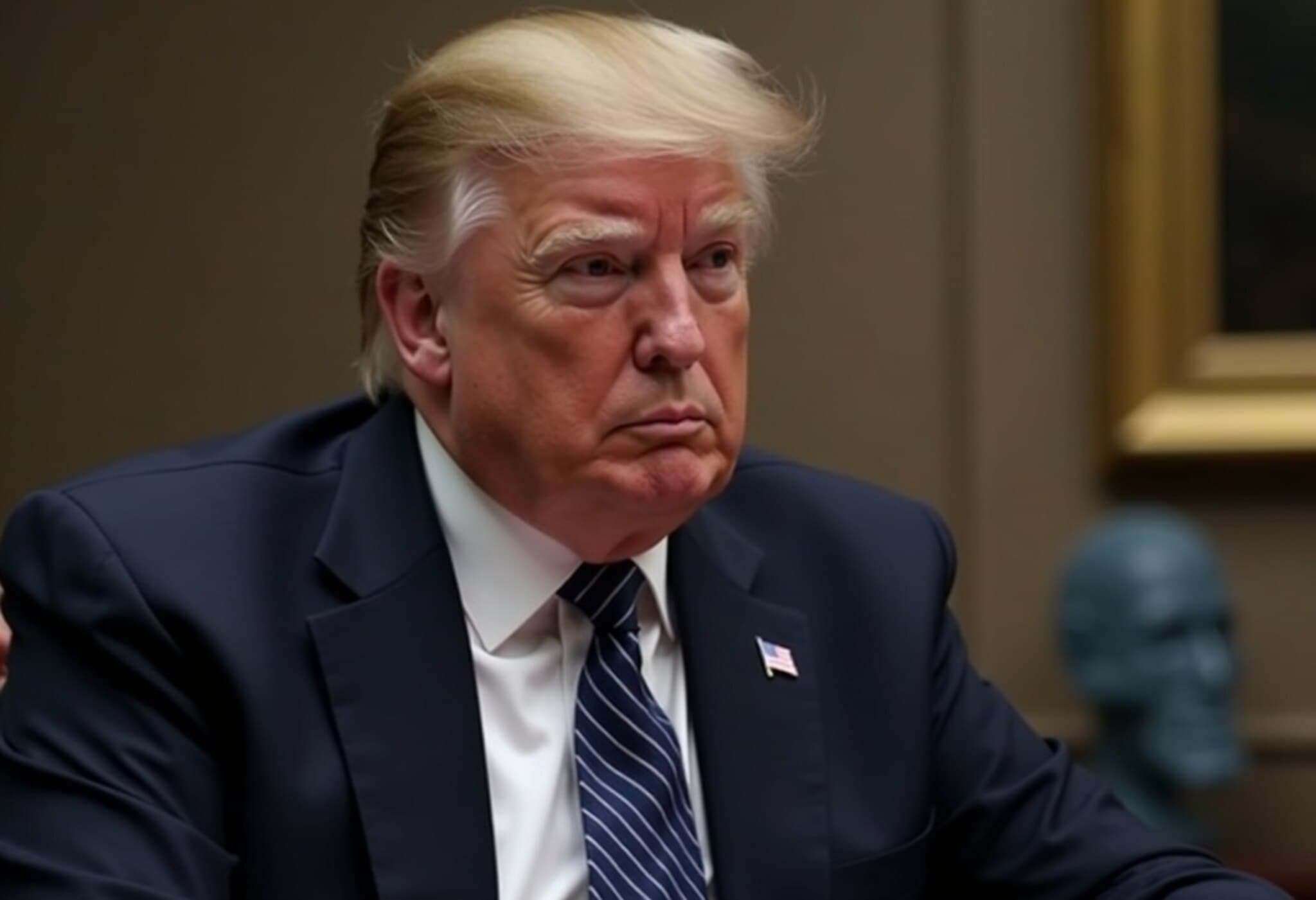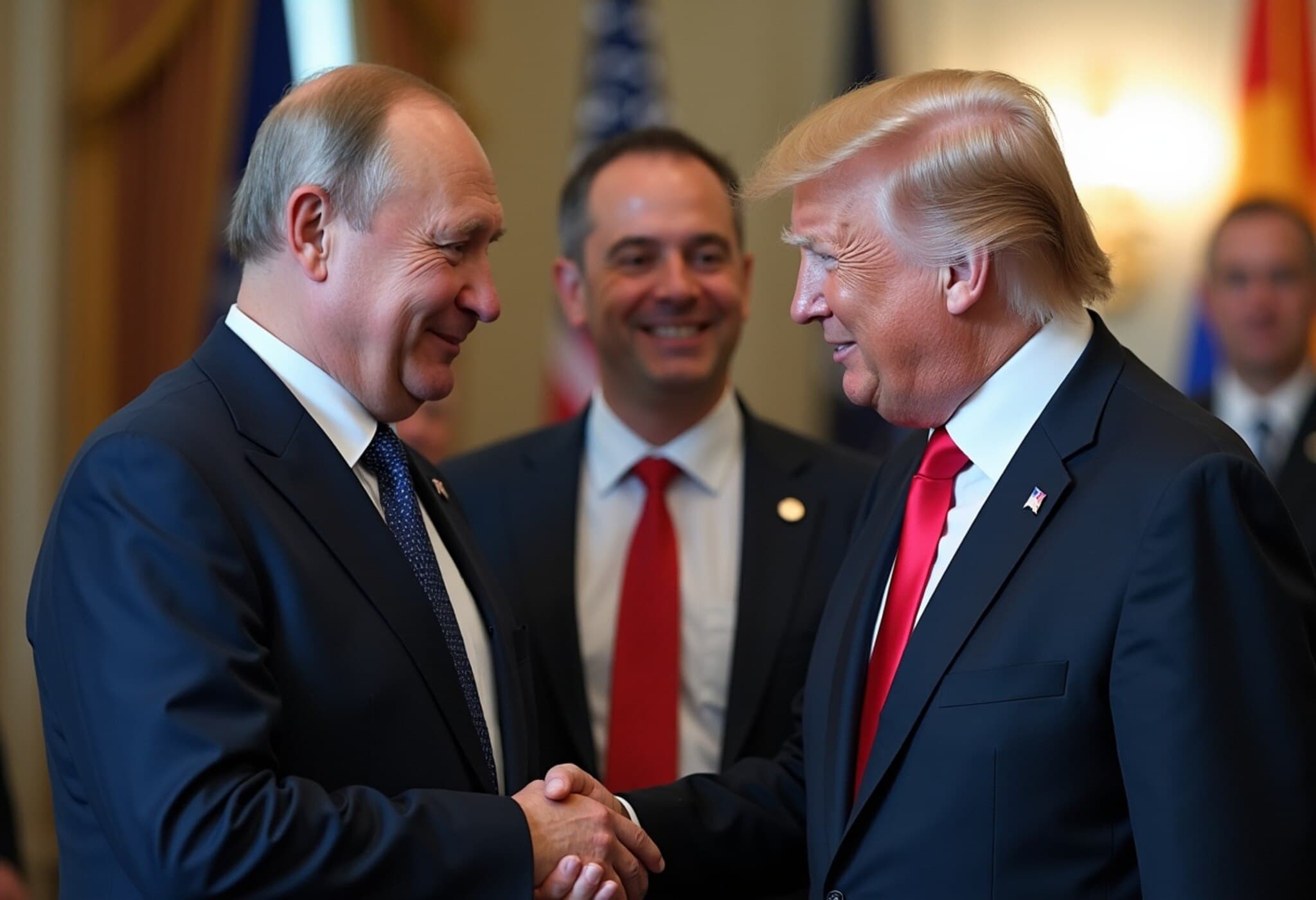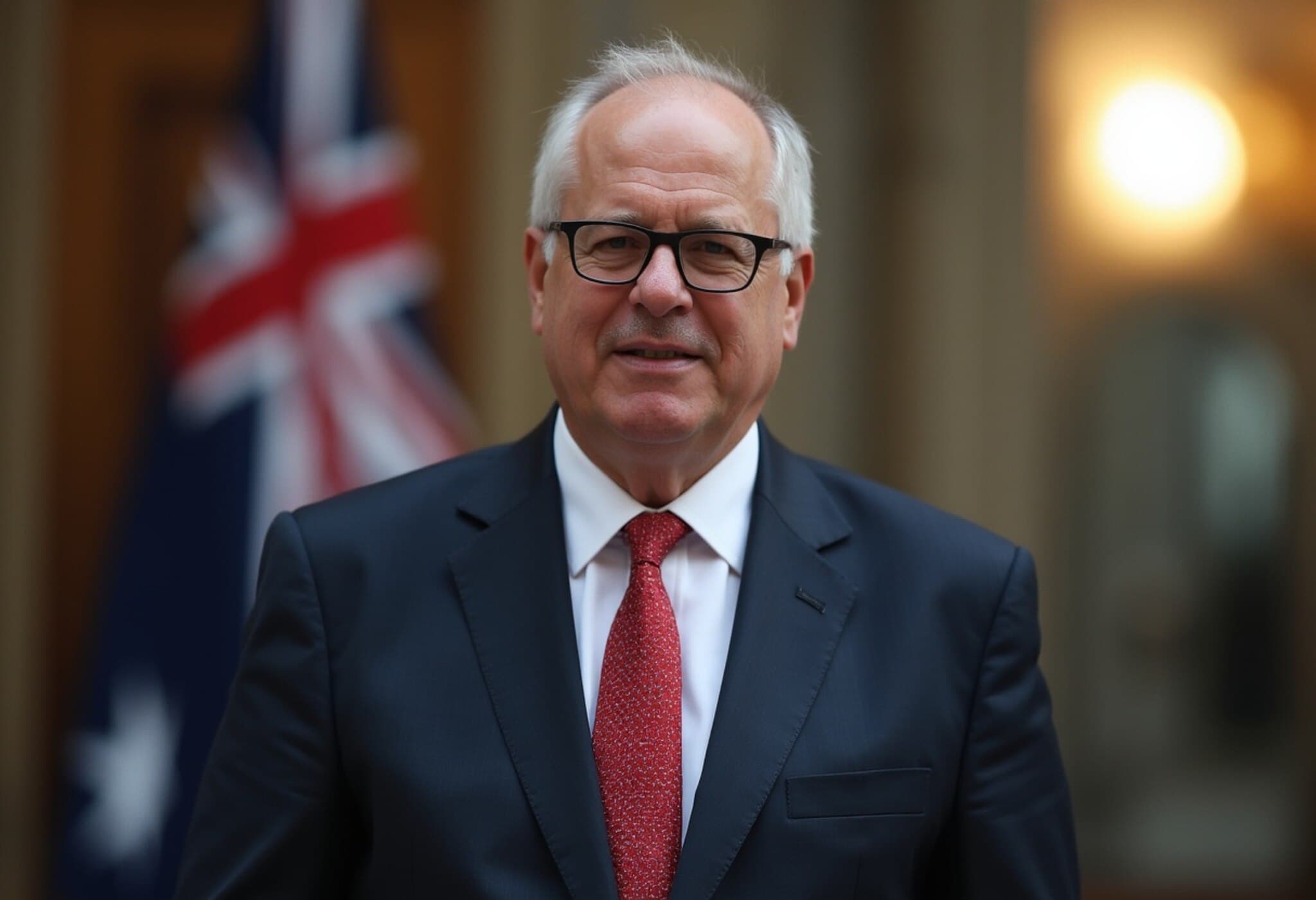Trump Labels India’s Tariff on Russian Oil a Major Economic Blow to Moscow
In a recent White House press briefing, former US President Donald Trump stirred the geopolitical pot by criticizing India’s decision to impose a 50% tariff on Russian oil imports. Trump described this move as a significant economic setback for Russia, whose economy, according to him, is already struggling under international pressures.
Trump Highlights Challenge to Russia’s Economy
Trump remarked, "I think Russia has to get back into building their country. It’s a massive country... They have tremendous potential in Russia to do well. They’re not doing well. Their economy is not doing well right now because it’s been very well disturbed by this." By pointing to Russia’s economic troubles, Trump underscored the impact of Western sanctions and trade restrictions, including those targeting Moscow’s key partners like India.
India’s Role in Russia’s Oil Trade Draws Focus
While he stopped short of naming India explicitly, Trump took a pointed jab at the country’s decision, stating, "Doesn’t help when the President of the United States tells their largest or second-largest oil buyer that we’re putting a 50% tariff on you if you buy oil from Russia. That was a big blow." This statement highlights the diplomatic complexity of US-India relations amid the ongoing global tension surrounding Russia’s energy exports.
Contextualizing the Tariff: Economic and Strategic Dimensions
- Economic impact on Russia: The 50% tariff on oil imports from Russia is intended to dissuade continued trade with Moscow, further isolating the Russian economy amid sanctions linked to geopolitical conflicts.
- India’s balancing act: As one of the world’s largest oil importers, India’s energy needs compel it to engage with diverse suppliers, including Russia, especially amid fluctuating global oil prices.
- US foreign policy implications: Trump’s remarks signal continuing US efforts to pressure countries economically linked with Russia, reflecting broader strategic concerns in global diplomacy.
Underreported Angles and Expert Insights
Beyond the immediate headlines, there is an underexplored narrative about how US tariffs affect India’s energy security and economic growth. Analysts suggest that while the US aims to isolate Russia, such tariffs risk driving India closer to Russia or even other alternative suppliers, prompting a complex realignment in global energy markets.
From a legal standpoint, imposing tariffs as a geopolitical tool raises questions about international trade norms and WTO rules. For India, navigating this terrain requires balancing its sovereign right to meet energy demands while avoiding alienation from key partners like the US.
Looking Ahead: Summits and Strategic Dialogues
Trump also alluded to an upcoming summit with Russian President Vladimir Putin in Alaska, emphasizing his viewpoint that Russia needs to rebuild domestically. As these high-stakes diplomatic engagements unfold, the dynamics of energy trade, sanctions, and tariffs will remain central themes bridging economics and geopolitics.
Editor’s Note
The imposition of a 50% tariff on Russian oil imports by India represents more than just an economic penalty; it reflects the tangled web of global diplomacy amid ongoing geopolitical crises. Trump’s comments bring attention to the friction points within US-India-Russia relations but also raise critical questions about the long-term sustainability of such trade barriers. How will India balance its energy security with international pressure? Could tariffs backfire by pushing India and Russia into closer ties? These are pressing issues that merit close observation as global dynamics continue to evolve.

